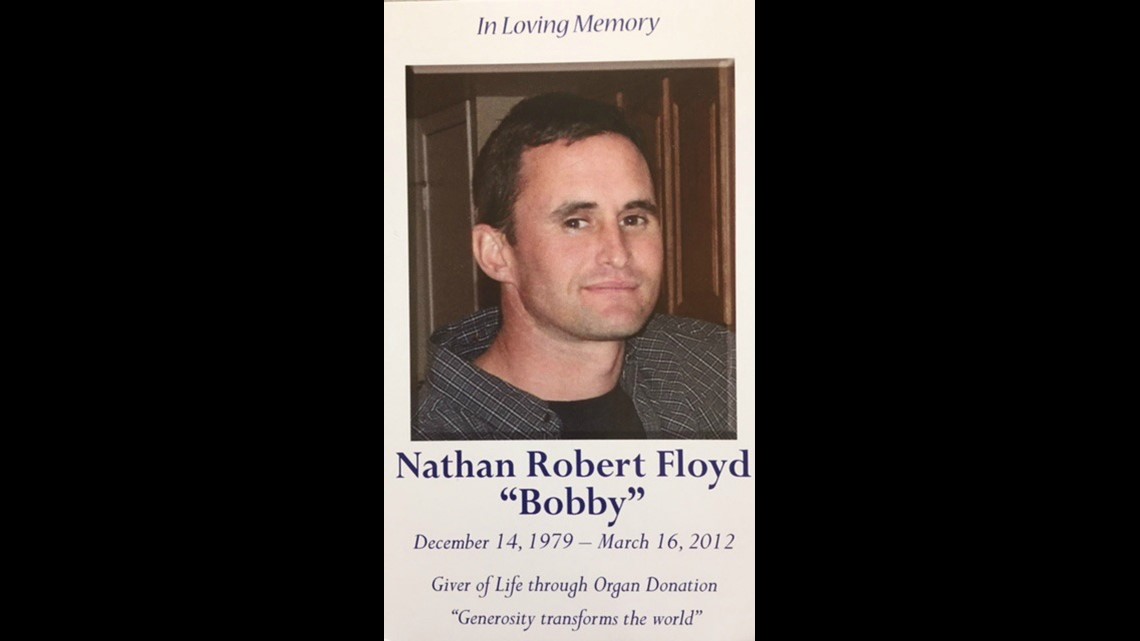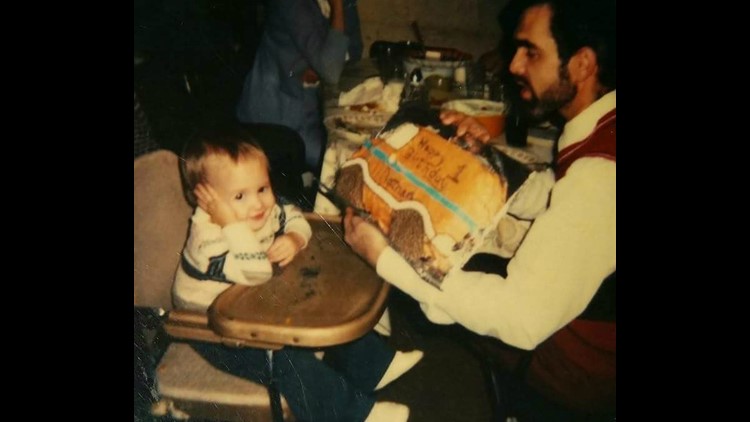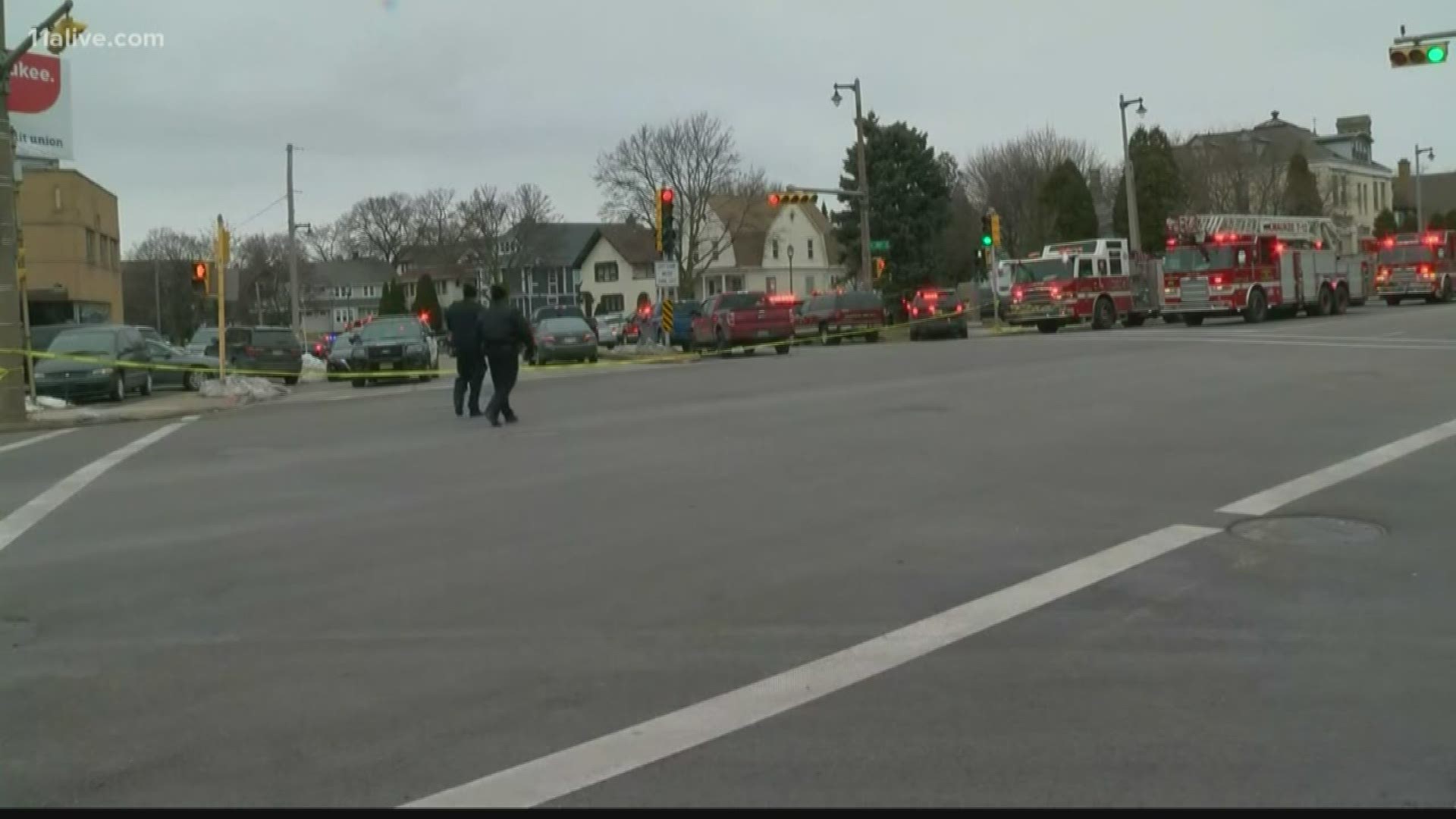Editor's Note: Alicia Cook, 29, lost her cousin to a drug overdose when they were both teenagers. She regularly writes columns detailing the gut-wrenching journey in hopes that her story can save at least one life.
Just this week, it was announced that President Obama will seek an extra $1.1 billion to pay for drug treatment for those addicted to opioids and heroin. According to the White House, this addiction kills more people than car accidents.
As loved ones of addicts, we live in constant fear of “the phone call” or the “knock on the door.” If someone we love is suffering from addiction and is not in our line of sight, we worry.
We worry for their well-being.
Where are they?
Who are they with?
Are they cold?
Are they hungry?
We worry for their lives.
Did they share a needle?
Is there a fatal dose of Fentanyl in the bag?
Did they take too much this time?
Did a deal go bad and turn deadly?
And for those unfortunate families who do receive the knock on the door or the 3 a.m. phone call, we remember it so vividly, forever. I don’t remember what I ate for dinner two weeks ago, but I remember my phone call.
My phone call came on Sept. 19, 2006.
“She’s gone.”
“Gone? She ran away?”
“No. She’s gone.”


I was in class my junior year of college. The call lasted one minute and 14 seconds. I remember that because I wrote the length down on my notebook. I couldn’t believe my entire life could change in less than two minutes.
Though addiction is affecting countless families, the phone calls and conversations on our doorsteps are all different. Different dates, times, durations, reasons and outcomes.
Melissa’s phone call came on March 16, 2012, when she was on a business trip, a plane ride away from her home.
“One of my younger brothers called me saying to get to the hospital. Our brother had been shot … in the head,” she recalled. “At the time of the call, they were running tests to see if he was still alive or not.”
The next few hours were the worst of Melissa’s entire life. She was hours away from home and had to depend on the airline’s schedules to reunite her with her family.
“Have you ever had to drive over an hour, in traffic, in a city you do not know at all, all while trying to remember to breathe?” she asked me, rhetorically. “I don’t remember going through security. I know I scared the gate attendant when I hysterically asked if I could get on the plane because my brother had just been shot in the head.”
She got on the plane.
Melissa’s brother had been addicted to meth for years and their relationship had been rocky, to say the least, and at times, violent. Melissa told me he chased her around the house with a machete when she was 16, and when she was 17, he threatened to kill her. She believed him, so she moved out.
He’d been in and out of jail for the drugs and the crimes he’d commit to support this habit. The last time she saw her brother before the phone call was in January 2012 at her niece’s birthday party.
“With tears in his eyes and his entire body shaking, he told me he thinks about doing meth every minute of every day,” Melissa said. “But he was committed to staying clean and sober and away from his friends for the next year. We took a picture together that day.”
That picture was the one Melissa’s family used on his memorial card. Her brother died in the hospital.
“I loved my brother very much. I felt so much heartache, sadness and guilt after he passed,” Melissa admitted. “Growing up I called him a ‘loser,’ and probably much worse, for the choices he made. He used to make me so mad.”
Many loved ones battle with guilt after losing someone. They wonder if they could have done more. They regret things they may have said out of anger. They wish for second chances, more pictures, and more time.
As much as this tragedy altered Melissa’s life forever, addiction was not done with her. Addiction is not lightning; it can, and will, strike the same family twice. Fast forward a couple years later, and Melissa received another phone call.
She learned her youngest brother had developed a heroin addiction.
He had a bad back, and instead of having surgery, his doctor put him on Percocet and OxyContin.
Heroin addicts aren’t born every day.
Though there is some predisposition for addiction, the addict has to be facilitated, and I feel “big pharm” is doing just that.
Those pills prescribed to Melissa’s younger brother are, in lack of better terms, legal heroin, selling sometimes for five times more on the street than a bag of heroin. It is a common statistic that four out of five heroin addicts started with pills.
The drug cartels simply took advantage of this market we gave them. They didn’t just stroll in and start handing out decks of heroin to middle class teenagers. They get hooked on pills, can’t afford it, and move on to heroin.
Melissa’s story echoes these facts.
“When he no longer had insurance and was not able to get his prescription filled, he tried heroin.”
He was homeless for a while and has been incarcerated since 2015.
Unlike last time, Melissa did not feel guilt or sadness; she got angry.
“I was angry that he was putting our family through this. Anger is a higher, more spiritual vibration than depression and sadness. We take action when we get angry.”
And that’s what she did. Melissa is a trained relationship coach, applied her skills to the addiction universe and created Oak Creek Wellness (www.oakcreekwellness.com), a production company committed to creating inspirational content.
Melissa does not believe her heartache, at the hands of addiction, is any different from any other heartache.
“We all have heartache in our lives,” Melissa empathized. “Those heartbreaks do not define us, it’s what we do as a result of experiencing them that defines us.”
Within Oak Creek Wellness, Melissa started the Addiction Support Podcast, addiction support for family and friends. She also kicked off the 60 Seconds of Solitude Podcast.
“It’s a quick, easy, daily meditation to support people in living in the now,” she explained.
“Depression comes in when we are focused on the past. Anxiety comes in when we are worried about the future. Peace, power and happiness come when we can live in the moment.”
I asked her what she hopes people take away from her mission and story.
“I want my contribution to be one that lifts and inspires others,” she answered.
Then she told me something about the brother she lost in March 2012 that sent chills up my spine.
“My brother was an organ donor. He was able to prolong the life of five other people,” she smiled. “You see, it does not matter who you are or what you’ve done; it is never too late to leave the world a better place than you found it.”
Follow Alicia Cook on Instragram: @thealiciacook
YOU MAY ALSO BE INTERESTED IN:




